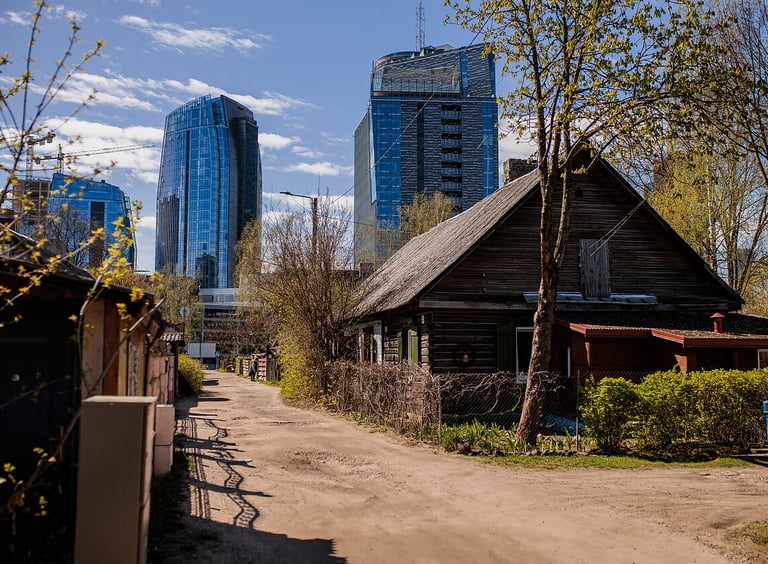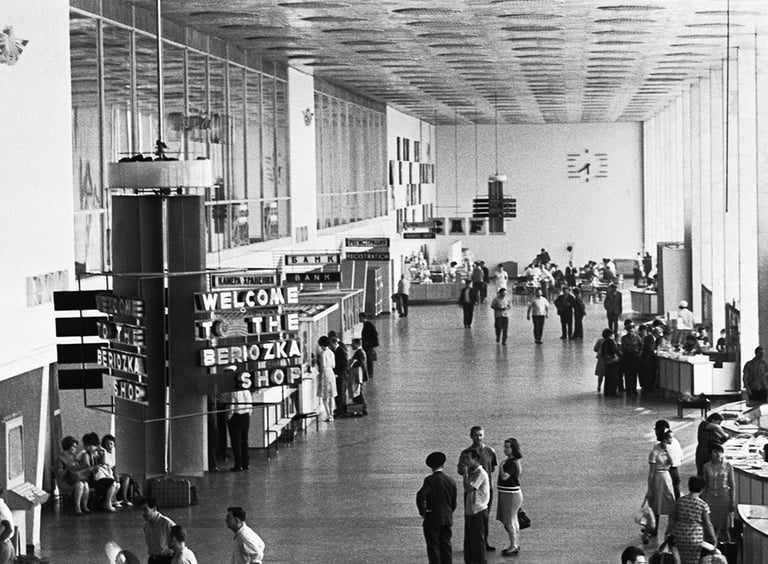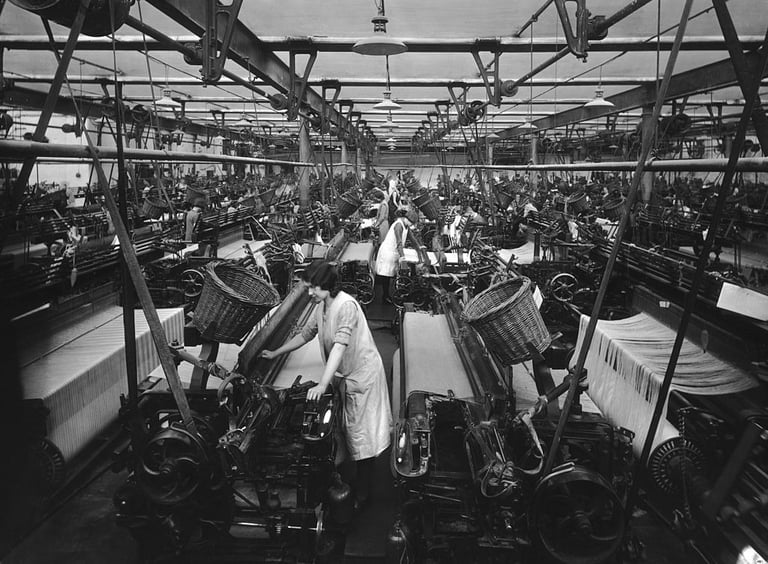Research
Dreamlands of Post-Communist Capitalism: Transition in Estonia, Latvia, and Lithuania
Building on my doctoral research, this project examines the economic and social transformations of post-communist Estonia, Latvia, and Lithuania. Using a critical political economy framework, I analyze the patterns of social and regional inequality, and intra- and inter-class conflicts that shaped economic and political trajectories of social change. The project explores themes including the introduction of neoliberal market reforms, currency and monetary policy as tools of authoritarian economic restructuring, labor resistance during privatization, crisis management during the 2008–2011 financial shocks, and the rise of far-right politics. The goal is to provide the first comprehensive comparative account of post-communist transformation in the Baltic region.
Out in 2027 with Manchester University Press


The Myths of 1989: Revisiting the Origins of Post-Communist Neoliberalism
This project challenges the conventional narrative that neoliberalism in post-communist states was simply imported from the West after 1989. The edited collection presents fourteen case studies highlighting diverse reform experiments from the 1970s and 1980s, demonstrating local innovation and adaptation. It emphasizes the role of local intellectuals, policymakers, and reformers, as well as transnational exchanges across the ‘Iron Curtain.’ The project examines alternative pathways to market liberalization, including neo-developmental strategies in countries such as Slovakia, Romania, and Belarus. By highlighting local agency and regional variation, it shifts the discourse from Western-centric perspectives to a more nuanced understanding of post-socialist transformation.
Out in 2027 with Purdue University Press


Mode of Production and the Historiography of Capitalism: Gender, Race, and Eurocentrism
Co-edited with Kayhan Valadbaygi, this volume revisits debates on the "mode of production" to address dimensions often overlooked in scholarship: gender, race, and Eurocentrism. It integrates these perspectives with Marxist analyses of domestic labor, racial capitalism, and the historiography of global capitalism. By combining class, gender, race, and ethnicity in a single analytical framework, the volume offers innovative approaches to studying the origins, mechanisms, and contradictions of capitalism, opening new avenues for research on understanding, challenging, and transforming capitalist systems.

